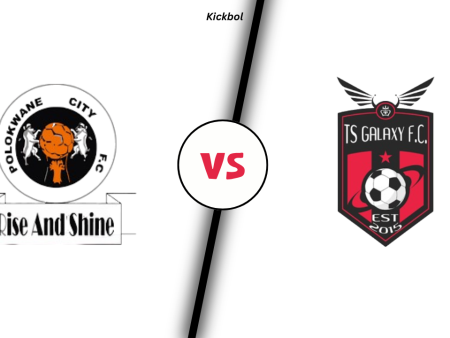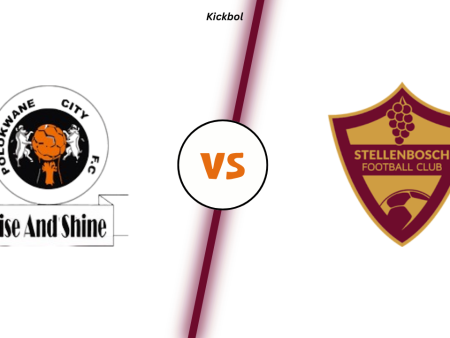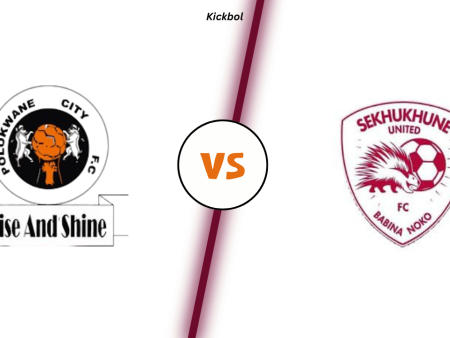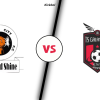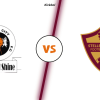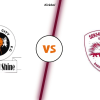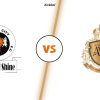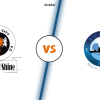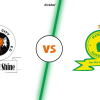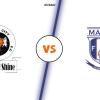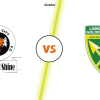Manchester United and Manchester City, two of the most decorated clubs in English football, share a fierce rivalry that has captivated fans for over a century. Their encounters, often dubbed the Manchester Derby, are characterized by intense passion, tactical battles, and a never-ending quest.
Rivalry: From Humble Beginnings to Global Stardom
The roots of the Manchester Derby can be traced back to 1881, when Newton Heath LYR (later renamed Manchester United) first faced off against St. Mark’s (later renamed Manchester City). These early matches, played on rudimentary pitches and in front of small crowds, laid the foundation for a rivalry that would intensify over .
Throughout the early 20th century, both clubs experienced periods of . Manchester United, with its legendary manager Matt Busby, established itself as a dominant force in the 1950s and 60s, winning numerous league titles and the European Cup. Manchester City, though less successful, enjoyed triumphs, including the FA Cup in 1904 and the League Cup in 1970.
Modern Era: The Rise of Two Powerhouses
The Manchester Derby began in the 1990s, as both clubs underwent significant financial backing and managerial overhauls. Manchester United, under Sir Alex Ferguson, embarked on an unprecedented period of dominance, winning 13 Premier League titles between 1993 and 2013. Manchester City, on the other hand, waited until the takeover by Abu Dhabi United Group in 2008 to challenge their cross-city rivals.
With resources, Manchester City attracted world-class players and appointed Guardiola as manager in 2016. Under Guardiola’s , City transformed into a dominant force, winning four Premier League titles in five seasons, breaking numerous records along the way.
Head-to-Head Record: A Close Contest
Manchester City’s recent dominance, the overall head-to-head record between the two clubs remains contested. Manchester United holds a slight edge, having won 78 matches compared to Manchester City’s 60, with 53 draws. However, in the Premier League era, Manchester City has narrowed the gap, winning 25 matches to United’s 27, with 7 draws.
Table of Stats
| Competition | Manchester United Wins | Manchester City Wins | Draws | Goals For (United) | Goals For (City) |
|---|---|---|---|---|---|
| All Competitions | 78 | 60 | 53 | 247 | 226 |
| Premier League | 27 | 25 | 7 | 84 | 78 |
| FA Cup | 5 | 7 | 1 | 13 | 20 |
| League Cup | 3 | 3 | 1 | 9 | 7 |
| UEFA Champions League | 2 | 2 | 0 | 6 | 5 |
| UEFA Europa League | 0 | 0 | 0 | 0 | 0 |
| UEFA Super Cup | 0 | 1 | 0 | 0 | 1 |
| Other | 24 | 15 | 31 | 125 | 120 |
| Total | 132 | 116 | 81 | 477 | 457 |
Key Factors and Rivalry Dynamics
Several factors have contributed to the intensity of the Manchester Derby, including:
- Geographical Proximity: The two clubs are based just a few miles apart, creating a natural rivalry among fans living in close proximity.
- Shared History: Both clubs have a rich history in English football, having won numerous trophies and established themselves as major forces in the league.
- Contrasting Styles of Play: Manchester United has traditionally relied on a more physical and direct approach, while Manchester City has embraced a more fluid and possession-based style.
- Financial Backing: The financial resources of both clubs have allowed them to attract top players and managers, adding to the competitive intensity of their rivalry.
- Managerial Battles: The rivalry has been further fueled by the contrasting personalities and managerial styles of notable coaches, such as Sir Alex Ferguson and Pep Guardiola.
Conclusion
The Manchester derby between Manchester United and Manchester City is a captivating and enduring rivalry that has enriched the Premier League and captivated fans worldwide. Their matches are a testament to the passion, intensity, and unpredictability of English football, showcasing the clash of styles, contrasting identities, and unwavering ambition that lie at the heart of this iconic rivalry. As both clubs continue to strive for success and reclaim their positions among England’s elite, their rivalry is poised to intensify once more, ensuring that the Manchester derby remains a cornerstone of English football and a captivating spectacle for fans of the sport.
